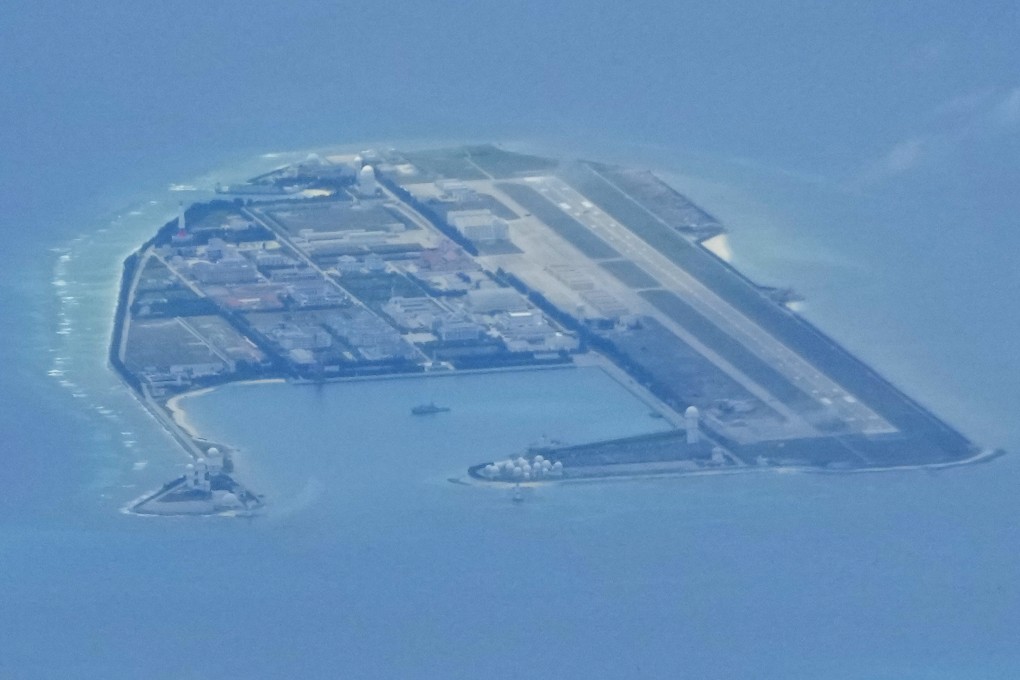My Take | For the umpteenth time, China will not invade Taiwan
- Short of the categorical imperative of reversing the island’s outright independence, attacking the island would not only be fratricide, but suicide

Another day, another warning from the West about China’s upcoming invasion of Taiwan. That has been the pattern ever since Russia’s invasion of Ukraine in late February. It’s really not about China learning the right or wrong lesson from Russia’s invasion, but for Western pundits making this improbable warning to learn some military basics.
If you don’t like reading war books, at least watch the opening harrowing scenes of Saving Private Ryan. In general, there is a world of difference between a land invasion and one by sea. In particular, the island chains and the main island of Taiwan present formidable defences against an invasion force, as opposed to a land invasion across Ukraine borders.
There is a world of difference between a land invasion and one by sea
Here are some random samplings of Western paranoia. These two are recent op-eds from Bloomberg: “China May Be Learning the Wrong Lessons from Ukraine: Could Russia inspire its ally to launch an invasion of its own?” and “Putin’s Struggles in Ukraine May Embolden Xi on Taiwan”.
This is a full editorial from The Economist: “How to deter China from attacking Taiwan: What Taiwan can learn from Ukraine about resisting invasion”. Top United States officials have repeatedly warned China not to support Russia to breach sanctions and not to invade Taiwan, even though Beijing is doing neither. Here’s a recent one from Secretary of the Treasury Janet Yellen before the House Financial Services Committee, who said all sanctions tools would be used against China if Beijing moved aggressively against Taiwan.
All these specious warnings remind me of those same supercilious Western pundits who predicted Beijing would roll in the tanks in 2019 during the violent anti-government unrest in Hong Kong for Tiananmen 2.0.
Of course, China has made it clear that except for an outright declaration of independence by Taiwan, all other disputes or conflicts must be resolved peacefully. This has been both a promise and a threat; I see no reason to doubt Beijing’s sincerity. It really doesn’t want to fight Taiwan, but all bets are off when it comes to independence.
